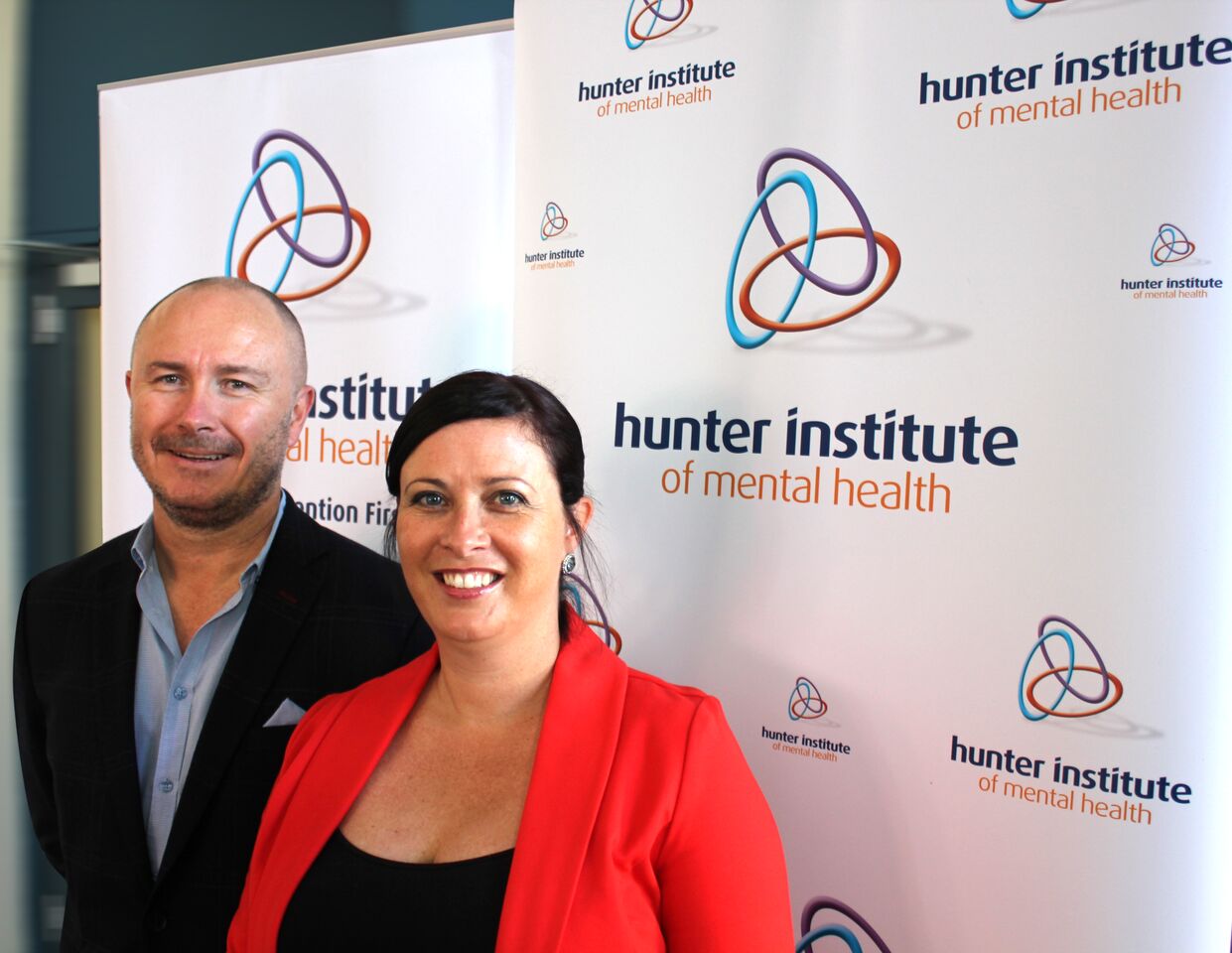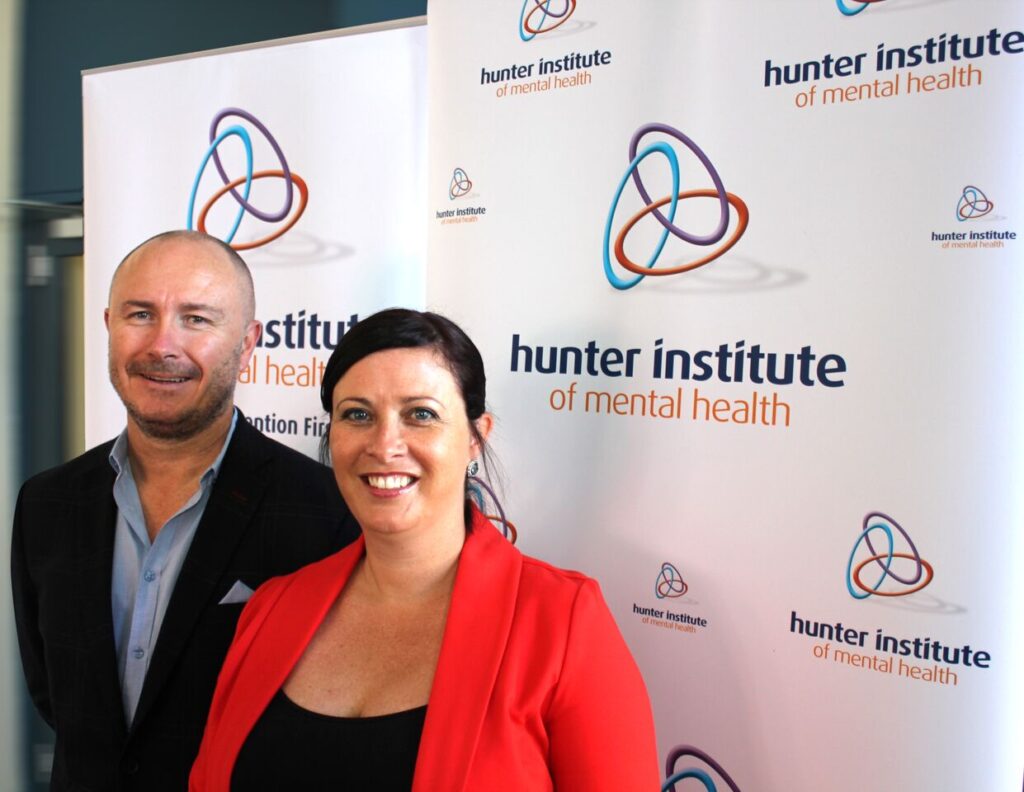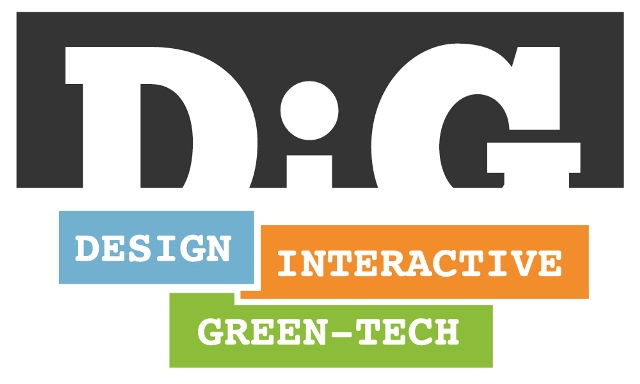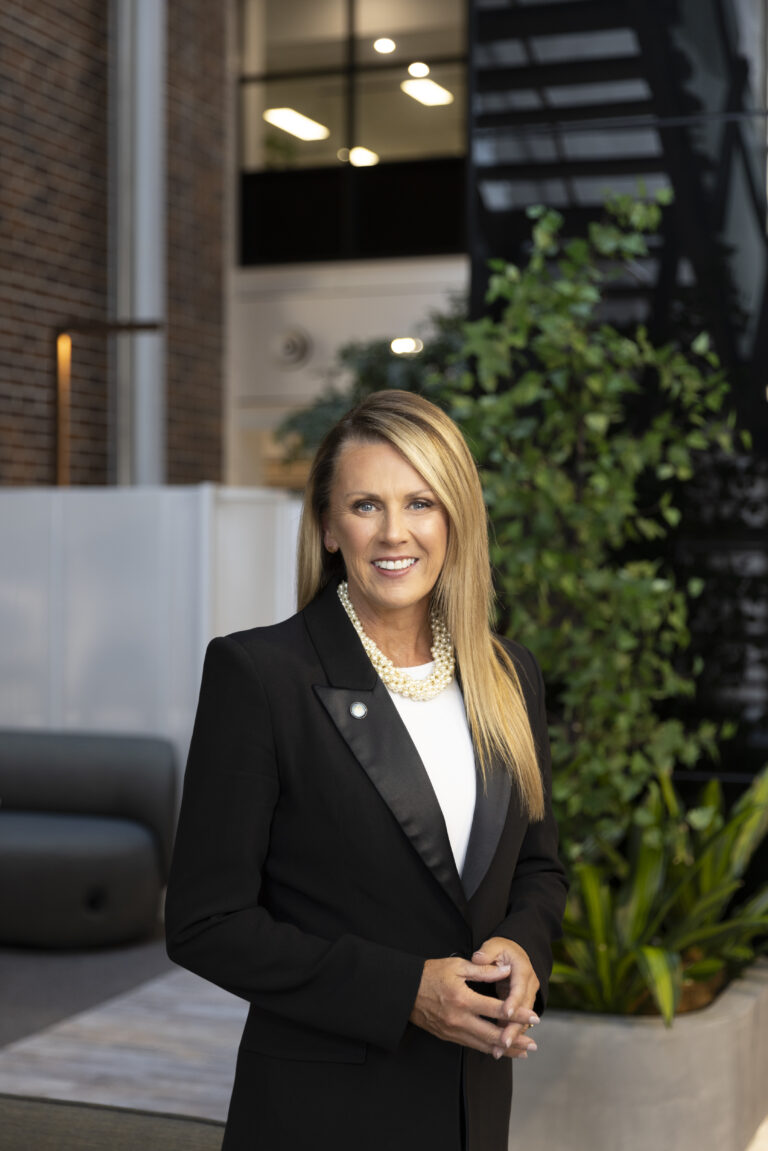The organisers of the 2014 DiG Festival and Conference taking place in the City of Newcastle in October are delighted to announce a major health stream as part of this year’s festival.
In recognition of recent innovation in the mental health space, organisers of local conference, DiG, have announced a major health stream as part of the 2014 program.
Innovations that spurred this addition included partnerships with social media providers such as Facebook, the emergence of e-mental health, web-based peer support, tools that allow you to track emotions on an international scale and Apps that support wellbeing of Indigenous Australians, young people and people with disabilities.
To support this new focus, DiG has developed a partnership with the Hunter Institute of Mental Health, who will drive the integration of a mental health stream into the Festival allowing business, education providers, technology providers together with young people, academics and experts from the field to network and share successes and ideas for the future.
The Hunter Institute is a leading national organisation based in Newcastle, which has been delivering successful, evidence-based mental health and suicide prevention programs for more than 20 years.
“Mental health organisations now work in partnership with or employ technology experts, communication professionals, designers and people with lived experience of mental health issues,” Jaelea Skehan, Director Hunter Institute of Mental Health said.
“We can only solve 21st century problems by having 21st century approaches. This means we need to innovate to ensure we can reach more people in ways that are most meaningful to them.”
As part of the DiG Festival, the Hunter Institute will partner with the Young and Well Cooperative Research Centre and its 75 partner organisations to develop a dynamic and interactive mental health stream.
This will include presentations, panel sessions, workshops and think-tanks involving presentations from media, educators, technology partners and many of the organisations at the forefront of innovation in mental health.
Current DiG topics being finalised are “Keeping Young People Safe and Connected Online”, “How Technology is Revolutionising Engagement and Health Care” and “Arts, Health and Wellbeing”.
DiG co-founder Craig Wilson said he was delighted about the growth of DiG into such a socially important sector.
“We welcome the Hunter Institute of Mental Health to DiG, and look forward to seeing the exciting discussions and presentations that this area will provide to our program,” Craig said.
“Innovation isn’t just about hard business or gaming, it has a real effect on people’s lives, and the inclusion of a health stream into DiG will showcase the real life challenges, advancements and successes that collaboration and innovation can have for people and communities.”







